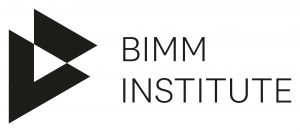Berlinale 2025: our highlights from this year’s festival
In February, Berlin’s International Film Festival, more commonly known as the Berlinale, returned for its 75th anniversary edition. Once again, the festival cemented its place as one of the most politically engaged and artistically diverse film festivals in the world. Featuring everything from A-listers to experimental animated shorts, Berlinale continues to showcase a wide spectrum of storytelling and film formats.
This year, under the leadership of new festival director Tricia Tuttle (formerly of the BFI), there was a renewed focus on the films themselves following a particularly fiery edition in 2024, which saw intense debate over political statements made on stage, heated discussions about the festival’s responsibility in global conflicts, and a red carpet that became a battleground for activism. As always, the festival served as a powerful platform for political and humanitarian activism, alongside celebrating the best of international cinema.
Berlinale and the Oscars: the connection continues
Every year, Berlinale proves itself to be a launchpad for films that frequently go on to receive global recognition, and this year is no exception. With its finger firmly on the pulse of contemporary cinema, the festival once again introduced audiences to standout films that made waves at this year’s Academy Awards.
Among this year’s Oscar award-winners and nominations that had their moment at Berlinale include:
- No Other Land (2024 Berlinale Documentary Award winner), which won this year’s prize for Best Documentary Feature Film.
- Yuck! (Generation Kplus 2024), which was nominated in the animated short film category.
- A Different Man (Competition 2024) is up for best makeup and hairstyling, continuing its recognition streak following Sebastian Stan’s Silver Bear win for best leading performance in 2024.
- A Complete Unknown (Berlinale Special Gala 2025), starring Timothée Chalamet, has earned eight Oscar nominations, including Best Picture and Best Director—a huge nod to the film’s cinematic impact.
With Berlinale continuing to bridge the gap between festival success and industry prestige, it’s clear that this festival remains one of the most influential in shaping the cinematic landscape.
The stars on the red carpet, alongside political and humanitarian activism
Berlinale 2025 saw a powerful collision of celebrity culture and activism, as high-profile actors, filmmakers, and activists took to the red carpet—not just to celebrate film, but to make bold statements about the world today. Among the biggest names gracing the festival:
- Timothée Chalamet, who attended the German premiere of A Complete Unknown alongside partner Kylie Jenner, made headlines that extended beyond the film world.
- Emma Mackey, who shot to fame with the Netflix series Sex Education, brought an electric presence to the premiere of Hot Milk, solidifying her status as a rising star.
- Tilda Swinton, the legendary actor who received the Honorary Golden Bear, delivered a rousing and highly political speech, in which she condemned “our greed-addicted governments” and called for solidarity in the face of global crises.
With her speech, Swinton highlighted something that sets the Berlinale apart from other major film festivals: it’s not just about the stars—it’s about making a statement.
- A collective of German actors, led by festival director Tricia Tuttle, held up a photo of Israeli actor David Cunio, who remains among hostages held by Hamas. Cunio is the subject of Tom Shoval’s Berlinale feature A Letter to David (Berlinale Special).
- Before the screening of Tom Tykwer’s Das Licht (The Light), which opened this year’s festival, protestors staged a demonstration, their hands marked in red paint, symbolising their stance against abuse in the German film industry—a poignant reminder of the power of film festivals as platforms for change.
Berlinale has long been more than just a film festival—it’s a stage where activism and art intertwine, sparking conversations that extend far beyond the screen.
Berlinale 2025: this year’s winners
A truly global celebration of film, Berlinale’s International Jury, chaired by the visionary Todd Haynes, was composed of esteemed filmmakers and industry figures from the USA, Morocco, France, China, Germany, and Argentina. With a diverse jury, the festival once again highlighted storytelling across cultures and borders.
The festival’s most prestigious award, the Golden Bear for best film, was awarded to Drømmer (Dreams (Sex Love)), a Norwegian queer coming-of-age film directed by Dag Johan Haugerud. A film that tackles identity, love, and self-acceptance, Drømmer has already begun to spark important discussions about the complexities of unrequited love, the blurred lines between literature and reality and generational perspectives on desire.
Other key winners included:
- Silver Bear Grand Jury Prize: O último azul (The Blue Trail) – Gabriel Mascaro
- Silver Bear Jury Prize: El mensaje (The Message) – Iván Fund
- Silver Bear for best director: Huo Meng (Sheng xi zhi di / Living the Land)
- Silver Bear for best leading performance: Rose Byrne (If I Had Legs I’d Kick You by Mary Bronstein)
- Silver Bear for best supporting performance: Andrew Scott (Blue Moon by Richard Linklater)
- Silver Bear for best screenplay: Radu Jude (Kontinental ’25) ·
- Silver Bear for outstanding artistic contribution: Creative ensemble of La tour de glace (The Ice Tower) by Lucile Hadžihalilović
Our students and lecturers at Berlinale 2025
This year, we were so proud to see so many of our students and lecturers making waves at this year’s festival—both on screen and behind the scenes.
- Aline Amike, who is a final-year Screen Acting student, starred in Minimals in a Titanic World (Berlinale Forum). Read more
- Yak and Sol Bondy, lecturers at our schools of music and film, collaborated in the creation of Köln 75. Read more
- Sol Bondy also was the Executive Producer of Ira Sach’s latest film Peter Hujar’s Day, starring Ben Whishaw and Rebecca Hall. Sach’s previous work includes Passages, which Whishaw also starred in.
Berlinale: Where our students meet the industry
As Europe’s largest public film festival, the Berlinale transform’s Germany’s capital into a meeting ground for the film industry’s finest. Each year brings new opportunities for our students to connect with filmmakers from across the globe. Alongside industry internships, students were treated to Berlinale masterclasses that got them up-close-and-personal with festival talent.
- Ludovica Sacchi, one of our BA (Hons) Filmmaking students, interned directly with Berlinale, gaining behind-the-scenes access to one of the world’s most prestigious festivals.
- Sol Bondy provided students from the MA Screen and Film Production programme, with a crash course on how to navigate all the events at the Berlinale. This included a guide to the European Film Market plus information on public Berlinale Talents talks.
- Laura Charles, director of Berlinale short film Casa Chica, hosted a masterclass for students. Erica Auld, who is in her first year of our BA (Hons) Practical Filmmaking programme, moderated the discussion. The masterclass was an invaluable deep dive into contemporary short filmmaking.
- The cast and crew of Minimals in a TitanicWorld, including Aline, also joined us for an exclusive Q&A about the creation of the film.
Berlinale was more than a festival—it was a thriving meeting ground for students, lecturers, and the film industry’s finest. From walking the red carpet to gaining hands-on experience through internships and masterclasses, BIMM University Berlin’s presence was stronger than ever.
With another year wrapped, we celebrate the achievements of our students, lecturers, and alumni who continue to push boundaries in filmmaking, storytelling, and artistic expression.
Here’s to more collaborations, more learning, and more incredible cinema at Berlinale in 2026.
Images: (1) Alexander Janetzko, (2-3) Richard Hübner, (4) Dirk Michael Dechbar, (5) One Two Films / Wolfgang Ennenbach
Want to take the next step towards your dream creative career? It all starts at BIMM University Berlin.
















